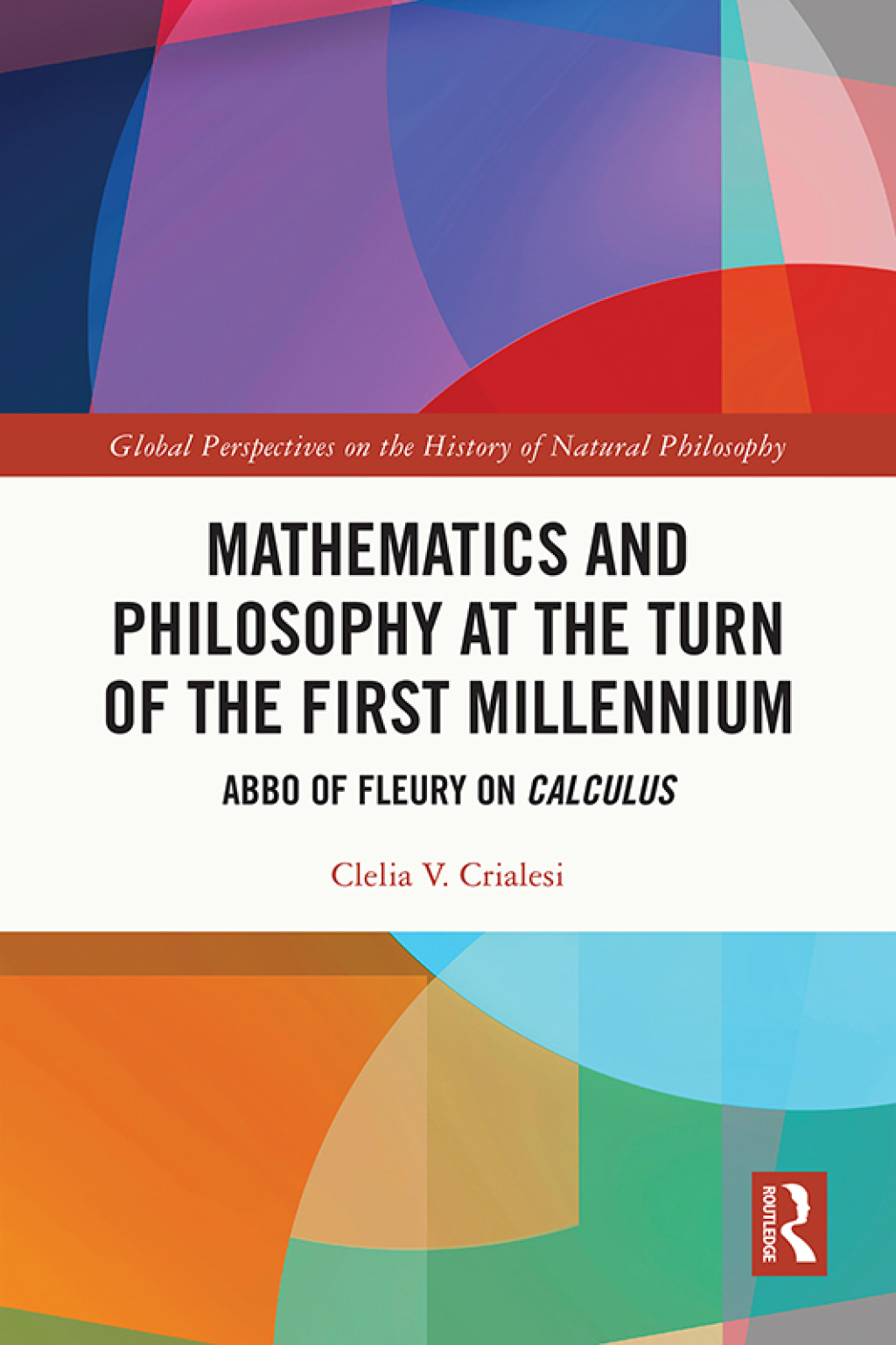Description
At the turn of the first millennium, scientific and philosophical knowledge was far from dormant. Arithmetic, with its diverse calculation techniques and number theory, served as a bridge to philosophy, theology, and the study of the physical world. Even something as simple as a series of multiplication tables could unlock a profound knowledge of both the divine realm and natural phenomena. Such is the case with Abbo of Fleury’s Commentary on the Calculus. Mathematics and Philosophy at the Turn of the First Millennium sheds light on Abbo’s original philosophical system anchored in two central doctrines, which serve as a compass to navigate it: the theory of unity (henology) and the theory of composition. Yet, the Commentary on the Calculus covers much more. The present study, thus, explores an eclectic range of topics – from water clocks to barleycorns, constellations to human voice, synodic month to the human lifespan, and numbers to God. Abbo’s work is an ambitious attempt to tie together the study of both the visible and invisible realms, what can be measured and what cannot, what can be quantified and what exceeds quantification. Scholars and students of the history of philosophy and mathematics will be introduced to a pivotal figure from an often overlooked era. They will be provided with fresh insights into the spread of Neopythagorean doctrines in the early Middle Ages, as they learn how these ideas were transmitted through arithmetic texts and harmonised with theology and natural philosophy. They will also get to know the medieval fraction system and calculus practices.






